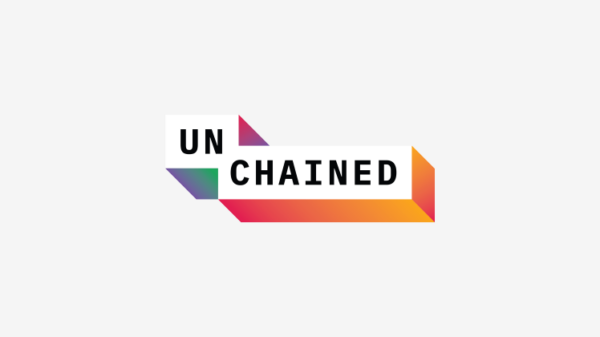Unregulated cryptocurrency exchanges are becoming a significant driver of illicit financial activity across Canada, allowing individuals to conduct substantial cash transactions without any identification checks. These platforms enable cash-for-crypto deals that circumvent anti-money laundering (AML) regulations, raising alarms among financial experts about the increasing risks of money laundering and other illegal financial operations.
In various Canadian cities, these exchanges facilitate users in converting digital currencies into cash without verifying their identities. Transactions over $1,000 can occur without compliance measures, undermining the integrity of Canada”s AML laws. For instance, one Toronto exchange facilitated a cash handover of $1,900, relying solely on a $5 bill for verification. The transaction involved tether tokens routed through a Ukraine-based exchange, which operates outside Canadian jurisdiction. The company later attributed the incident to a rogue employee using personal funds for the deal.
The Financial Transactions and Reports Analysis Centre of Canada (FINTRAC) confirmed that these activities violate federal laws. Although FINTRAC oversees over 2,600 registered money services businesses, it lacks the resources necessary to monitor unregistered entities effectively, creating enforcement gaps that allow underground exchanges to flourish.
Investigators have discovered that certain unregulated exchanges in cities like Montreal offer cash deliveries that exceed $1 million. These transactions are executed without any identification requirements and often utilize encrypted messaging apps, such as Telegram. Consequently, these exchanges operate with minimal regulatory scrutiny across Canada, from Halifax to Vancouver.
Such operations pose a direct threat to financial transparency laws, undermining government control over the flow of digital currencies. They provide unmonitored avenues for organized crime and illegal trade. Furthermore, these exchanges often promote their services online, conducting in-person meetings to deliver substantial cash amounts.
Financial analysts indicate that these practices are transforming cryptocurrency markets into instruments for money laundering. The anonymity associated with cash-to-crypto services negates the traceability advantages typically offered by blockchain technology. Without proper registration, both on- and off-ramps for transactions become virtually invisible to regulators and law enforcement agencies.
Canada continues to face challenges in enforcing cryptocurrency regulations against these unregulated exchanges. Despite efforts to enhance regulation, both domestic and international platforms manage to avoid detection and compliance. This loophole permits billions of dollars to flow through the system without any traceable documentation.
According to data from Chainalysis, one Ukraine-based exchange processed $14.8 billion in transfers since 2022. Recently, the Royal Canadian Mounted Police seized $56 million in assets linked to another illegal exchange. However, enforcement remains sporadic and inadequate to deter emerging operators in the market.
Looking ahead, Canada plans to bolster its digital finance framework in the upcoming 2025 federal budget. The Bank of Canada will introduce new regulations for stablecoins, mandating full reserves and clear redemption policies. Yet, without stringent enforcement of existing laws, unregulated crypto exchanges are likely to continue fueling the underground crime economy in Canada.















































































